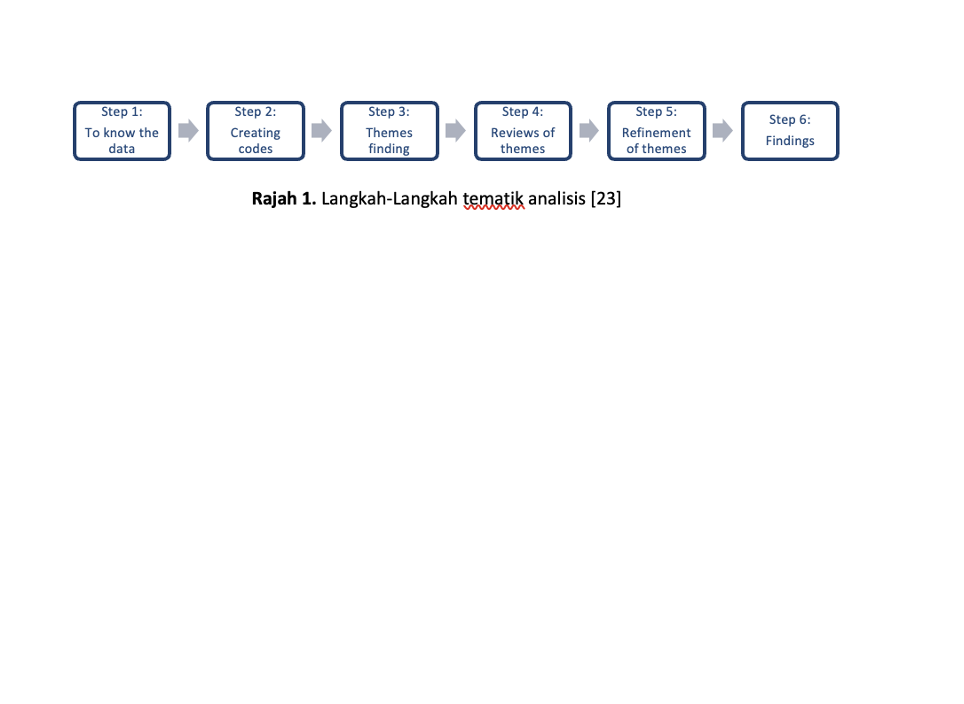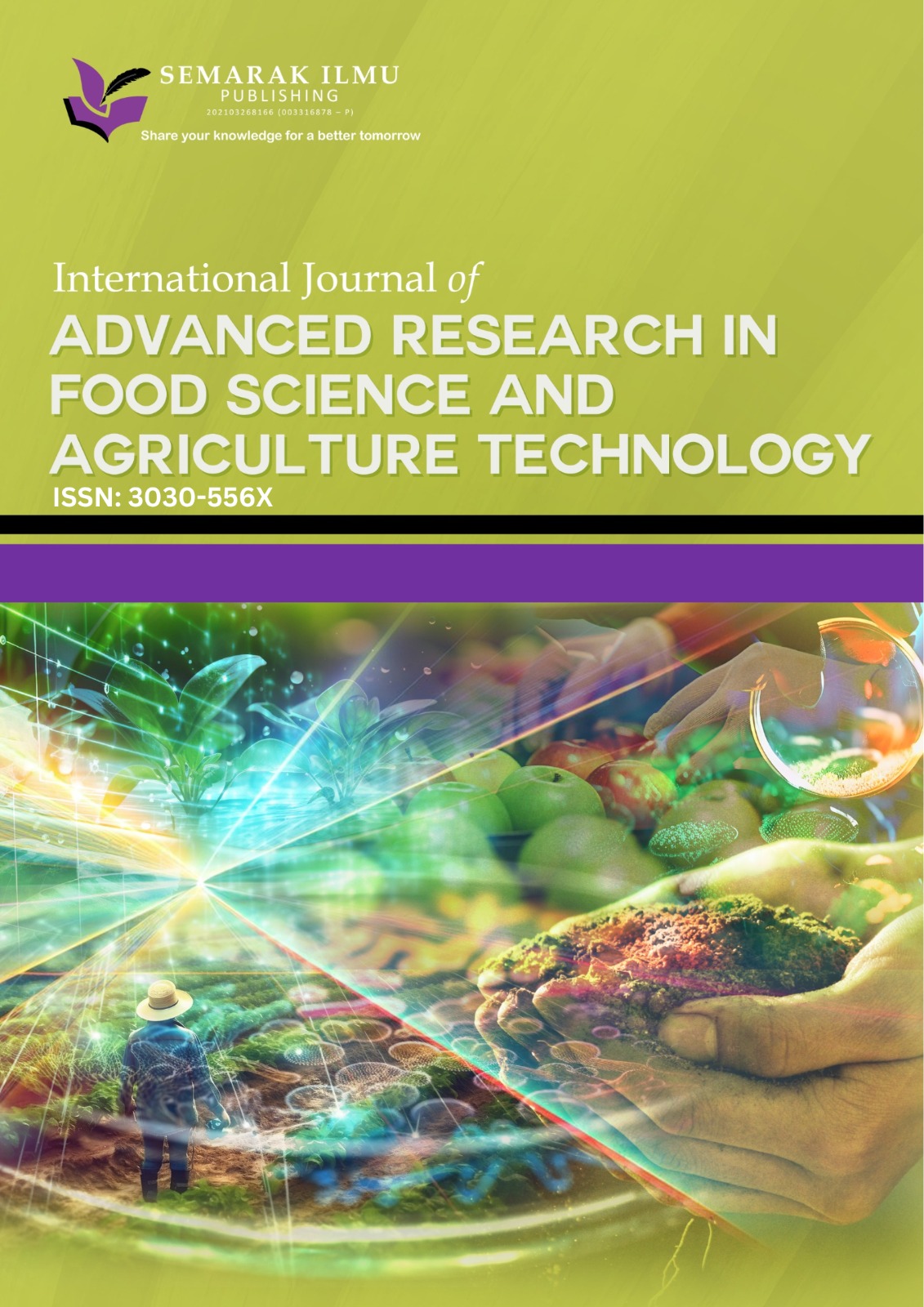Konstruktiviti Dasar dan Strategi Sekuriti Makanan: Kerentanan Isu Padi dan Beras di Kota Belud, Sabah
Policy Constructivity and Food Security Strategies: Vulnerability Issues of Rice in Kota Belud, Sabah
DOI:
https://doi.org/10.37934/fsat.1.1.1430Keywords:
Food security, paddy and rice issues, Kota Belud, food security policyAbstract
Dewasa ini kenaikan harga beras import dan fenomena kekurangan bekalan beras tempatan telah memberikan impak negatif terhadap rakyat khususnya kepada golongan berpendapatan rendah B40 yang merupakan majoriti rakyat Malaysia. Hal ini telah menyebabkan kenaikan harga barangan komoditi sektor makanan terus meningkat. Walaupun yang demikian kekurangan beras putih tempatan dalam negara adalah disebabkan peningkatan permintaan berikutan kenaikan harga beras import. Namun begitu, negara mempunyai 130,282 hektar sawah yang menyumbang kepada 40 % pengeluaran padi. Kota Belud sahaja seluas 7,092 hektar dan merupakan antara pengeluar utama beras. Jika dianalisis daripada aspek keluasan tanaman padi di Kota Belud pada tahun 2019 adalah seluas 9,392 hektar. Oleh itu, kurang daripada tiga tahun sahaja telah berlaku peningkatan 1,000 hektar kawasan tanaman padi di Kota Belud. Atas faktor tersebut seharusnya bekalan beras negara mencukupi tetapi sebaliknya negara mengalami krisis kerentanan padi dan beras yang serius. Oleh hal yang demikian, objektif kajian ialah menganalisis faktor-faktor yang mempengaruhi kepada isu kekurangan bekalan beras, pemilihan, laveraj dan penglibatan pemegang taruh yang akhirnya menentukan pemilihan ruang dasar, kebolehoperasian dan penilaian keberkesanan dasar. Kajian mengaplikasikan kaedah kualitatif dengan memperoleh data primer melalui temu bual berstruktur dengan para informan utama dan diperkukuhkan dengan bukti-bukti empirikal melalui data sekunder. Bagi mendapatkan hasil kajian yang lebih komprehensif kajian kualitatif turut dilakukan dengan memberikan borang soal selidik kepada 100 orang penduduk kampung. Hasil kajian menunjukan sekuriti makanan perlu dijadikan agenda nasional dan selain itu penglibatan golongan belia, jaringan jalan raya yang komprehensif, sistem perparitan dan pengairan yang kondusif serta pengagihan tanaman padi dan tanaman komersial yang seimbang antara alternatif dan inisiatif dalam menghadapi dan mengurangkan isu sekuriti makanan di Sabah dan Malaysia secara amnya.
The recent escalation in imported rice prices, coupled with a domestic shortfall in rice production, has significantly impacted Malaysian residents, particularly affecting the economically vulnerable B40 group which constitutes a substantial portion of the population. This scenario has contributed to a consistent increase in the cost of food items. Concurrently, the domestic scarcity of white rice is attributed to heightened demand triggered by the inflated prices of imported rice. Despite Malaysia’s 130,282 hectares dedicated to rice cultivation contributing to 40 % of its total rice production, with Kota Belud, Sabah being one of the most prolific rice-producing regions spanning 7,092 hectares, the country still faces a critical vulnerability in rice and paddy supply. Notable, the area under rice cultivation in Kota Belud expanded by 1,000 hectares to 9,392 hectares in under three years, as of 2019. This paradox raises questions about the sufficiency of national rice supply amidst such expansion. This study aims to dissect the multifaceted factors contributing to rice supply shortages, focusing on stakeholder engagement, selection processes and their leverage in policy-making. These elements critically affect policy space choices, alongside the feasibility and effectiveness of policy interventions. Employing qualitative methodologies, the research integrates structured interviews with key informants and the analysis of secondary data for empirical backing. Furthermore, to enrich the study's findings, questionnaires are distributed to 100 villagers in a qualitative exploration aiming for a comprehensive understanding of the issue. Preliminary findings underscore the necessity of prioritizing food security at the national level. To enhance food security concerns in Sabah and across Malaysia, the study suggests engaging the youth, enhancing road networks, developing adequate drainage and irrigation systems and promoting a balanced cultivation of commercial and paddy crops, among other strategic interventions. These approaches are pivotal in navigating the complexities of food security and establishing a resilient rice supply chain.










